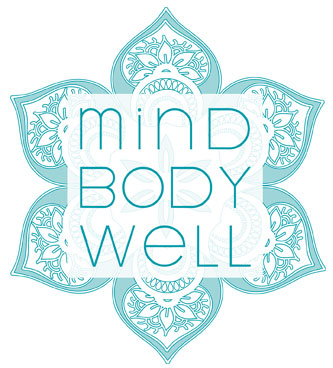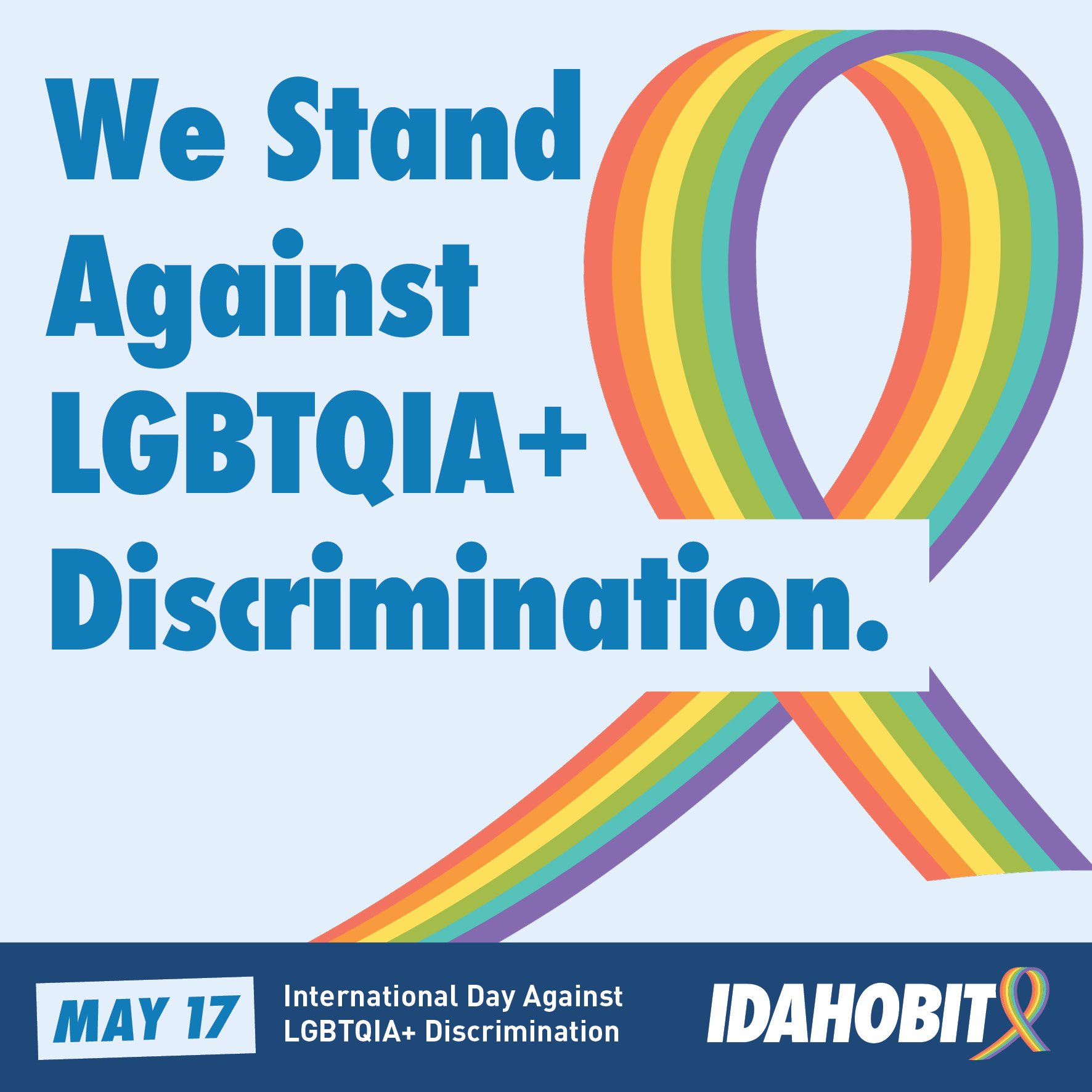While Easter is often viewed as a time to get together with loved ones and celebrate by sharing food, it can also be a challenging time for people with lived and living experience of an eating disorder, and/or those who are actively working to challenge the impact of diet culture on their lives. Similar to Christmas or any other holiday period, it may feel difficult to navigate Easter for the following reasons:
Traditional or common Easter foods (e.g. chocolate, hot cross buns) may be feared foods, or foods associated with dietary rules
Due to the short-term availability of these foods, there can be a sense of ‘last supper’ eating, as they will only be accessible for a limited period of time
There’s an increase in diet talk, often including comments around ‘indulging’ and being ‘naughty’ or feeling guilty for eating particular foods
Changes in routine due to the long weekend, and other activities such as seeing family or being away from home
Reduced or different availability of usual support systems
All of these factors can increase the risk of engaging with challenging eating behaviours such as food restriction, bingeing and/or compensating behaviours, as well as experiencing higher levels of distress or preoccupation around food or body image. The following suggestions may assist in navigating the Easter period:
If you’re in eating disorder treatment, make a plan with your treatment team, e.g. whether you want a more structured and purposeful approach, or whether you are feeling ready to approach it more spontaneously
Continue eating regularly, and maintain some structure around consistent food intake even amidst different routines and activities
Remember this is just another day (or few days), and any increased pressure associated with this time will pass
If you’re struggling with ‘last supper’ eating, practice allowing yourself these foods now, and remember you can enjoy them again next year. It might also be helpful to find equivalents, e.g. different types of chocolate or fruit buns which are available the whole year
Refocus on your values by connecting to what feels important to you around this holiday, e.g. connection, rest, adventure, family, spirituality, creativity etc
Be curious as to whether this period presents an opportunity to challenge some of your existing food rules and beliefs
Plan ahead where you can, enabling you to manage your expectations and prepare for some of the challenges you may face. Having some of your ‘safer’ foods available may assist in maintaining regaular eating
Talk to your loved ones ahead of time, let them know about any particular concerns you have, and brainstorm some of the ways they can support you
If you are in eating disorder recovery and you’re working on food challenges, try the following suggestions:
Build up your challenges in a graded manner to give yourself the best chance of success, e.g. start with smaller or individually wrapped chocolates and build up to larger portions
Explore your beliefs both before and after eating, e.g. ‘what am I afraid of / what do I think will happen as a result of eating this food / how strongly do I believe this thought?’. Try to access your recovery mindset in challenging these thoughts
Remember that all foods are neutral, and labelling foods as good/bad only gives the foods and our fear or avoidance of them more power
Push back on diet culture by putting these thoughts where they belong, e.g. rather than thinking ‘I’m bad for eating an Easter egg’, reframe it to recognise ‘This is diet culture talking’. Remember that the eating isn’t the problem, but diet culture is
Plan strategies or supports which can help you challenge yourself, e.g. sharing Easter baking with a friend, or planning a distraction afterwards to reduce rumination
Remember that compensatory behaviours undo the hard work you put into challenging a food rule, and to get the most out of challenging yourself it’s important not to dilute the challenge by engaging in eating disorder behaviours before or after eating
Practice self-compassion - remember it’s okay if challenges feel harder than expected, allow the emotions to be present and explore self-awareness and self-kindness. Try to remember the helpful strategies you have in your toolkit to manage any tricky situations that arise, and set aside some time for yourself to engage in self-care activities that allow you to feel safe, grounded and calm.
Remember, celebrations such as Easter are about much more than food. This may be an opportunity to get together with loved ones, or it may be a time for rest and relaxation. Focus your attention on things that have meaning for you, and create some wonderful Easter traditions of your own.










